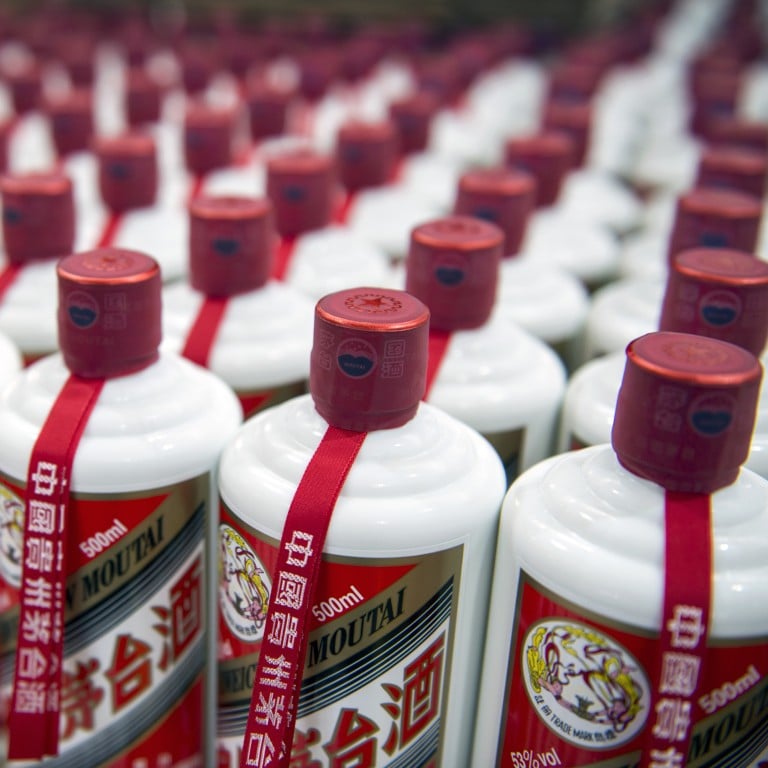Will the world drink more baijiu in 2022? Beyond Kweichow Mao-tai and Wuliangye, how Chinese liquor brands are targeting millennials, Gen Z and the Western market

- The sorghum-based liquor mostly comes from Guizhou and has been drunk since the Ming dynasty – now the rest of the world is turning on to brands like Ming River
- Distiller Kweichow Moutai passed London-based Diageo to become the world’s biggest spirit brand – and Chinese high-end liquor could become a US$25 billion dollar industry
Across dining tables in China, diners toast (or taunt) each other with a tiny shot of the distinctively pungent baijiu. The sorghum-based Chinese liquor commonly produced in the country’s southwestern Guizhou province has played a key role in China’s drinking culture since the Ming dynasty.
Today, baijiu is often cited as the world’s most frequently consumed liquor, thanks largely to the country’s population, 1.4 billion strong. With a market cap of US$69.2 billion, distillers Kweichow Moutai surpassed London-based multinational Diageo to become the world’s biggest liquor maker back in 2017 and has continued to grow ever since.

Several home lockdowns due to Covid-19 last year didn’t cause China’s growth to falter, with GDP up and growth accelerating, the baijiu industry included. Although sales were impacted in the first half of 2020, the spirit’s revenue from the local market still increased by around HK$27 billion (US$3.5 billion) compared to 2019.
Valued at US$373 billion as of October 2021, Kweichow Moutai has retained its position as the world’s most valuable spirit brand. The second most valuable brand, Wuliangye, also Chinese and also a maker of baijiu, stands at US$144 billion.
Steffi Noël, a Shanghai-based research project leader at Daxue Consulting, attributes the stock price increase to the company’s excellent financial figures and straightforward business model.
She says, “At least seven to eight companies in the baijiu industry have great financial conditions. Return on equity for Mao-tai and Wuliangye can reach as high as 35.6 per cent and 22.9 per cent respectively. The industry also has an easy business model. Unlike technology, health or other industry’s annual reports, baijiu’s business model is easy to comprehend, and is straightforward, with a 90 per cent profit margin.”

She also notes that the spirit’s position in the market in China is “a special case” and that such stock price surges in alcohol companies in overseas markets are non-existent.
Shui Jing Fang, which means “the distillery by the well”, is recognised as one of the oldest baijiu distilleries in China with more than 600 years of continuous production. Looking to get on the bandwagon early, Diageo bought the brand’s parent company outright in 2013, and has since upped its stake from nearly 40 per cent to 60 per cent.